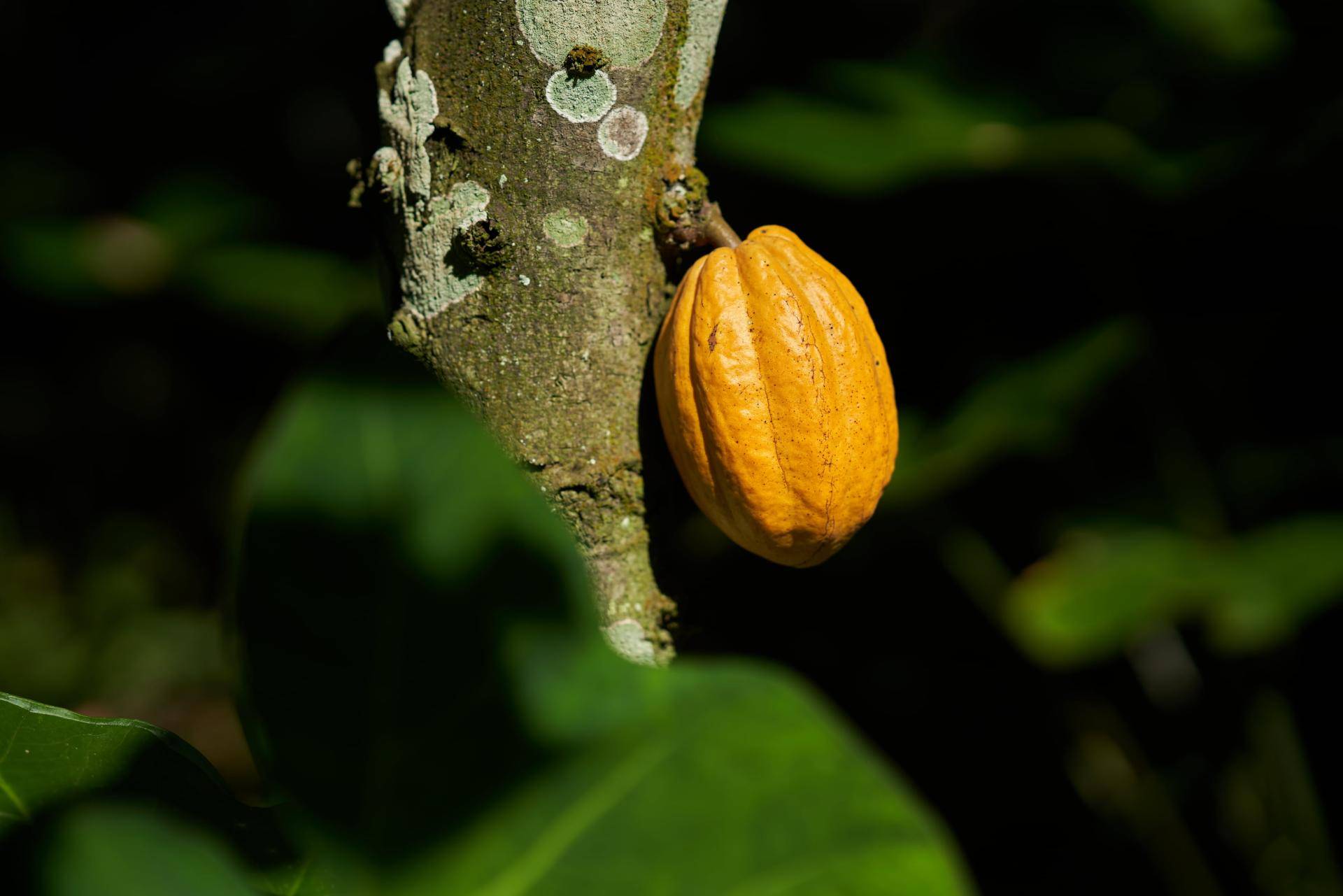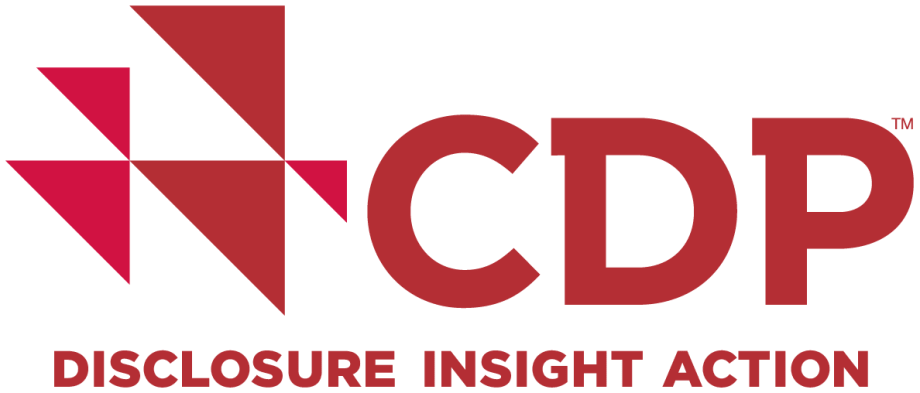Recognized as a climate change leader for our work with our suppliers

Recognized as a climate change leader for our work with our suppliers

According to CDP data, carbon emissions in a company’s supply chain are over 11.4 times greater than its direct emissions on average. For Barry Callebaut, this means that our emissions extend far beyond the locations and facilities where we produce our high-quality chocolate and cocoa products, fillings, decorations and compounds. This is why, as part of our Forever Chocolate target to be carbon positive by 2025, we committed to assessing the carbon impact created by our own operations (scope 1), the impact generated by the energy we use (scope 2), and critically, the impact of our entire supply chain (scope 3), which includes the production and processing of all the raw materials we source, and related land use changes.
Supplier engagement is vital to achieving our ambitious Forever Chocolate target to be carbon positive. Reducing emissions across our supply chain is not easy, so we are thrilled that CDP recognizes the collaboration and the resulting impact that we, our suppliers and partners have so far achieved to tackle climate change. Action needs to happen now - a stable climate generates value for society, poverty reduction, and fair labor practices.
Using innovation to tackle emissions in our entire supply chain
Within our scope 3 emissions, land use change (LUC) forms the biggest part of our carbon liability. To accurately account for the amount of LUC in our supply chain, meaning the carbon emissions resulting from the transformation of forest land to agricultural land, we developed the first carbon footprint assessment tool for cocoa farming. In order to spark climate action in the cocoa and chocolate industry, we have made this assessment publically available. In addition, in order to capture both the carbon benefits from the interventions in our supply chain, as well as pass on the benefits to our suppliers and customers, we have been collaborating with the Gold Standard Foundation since 2018/19. We were the first company to pilot their Value Chain Interventions Guidance and develop a methodology for its implementation of carbon sequestration from value chain interventions (scope 3).
Following this work, we also established a portfolio of supply chain interventions to be implemented in the major cocoa-growing countries, which are independently certified annually by the Gold Standard Value Change Programme.
For further information on our carbon reduction efforts and our work with our suppliers, please see our latest Forever Chocolate Progress Report.
